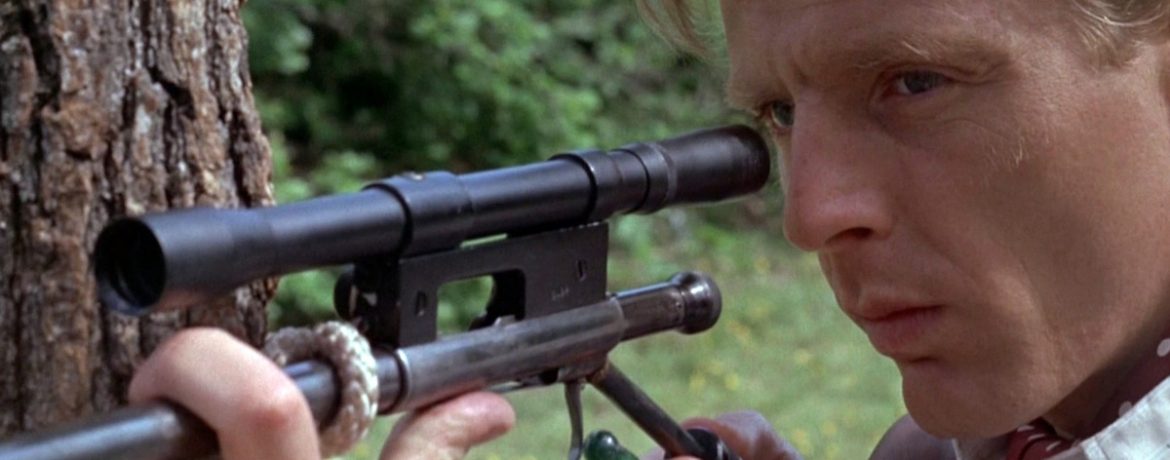
The Secret in Their Eyes, 2009
In the late 1990s in Argentina, a former judicial investigator named Esposito (Ricardo Darin) is haunted by the lack of resolution he feels over a case from the mid 1970s in which he investigated the rape and murder of a young woman. Turning his memories into a novel, Esposito brings his writing to a former colleague, Irene (Soledad Villamil), and eventually to the bereaved husband, Ricardo (Pablo Rago) in an attempt to make sense of what happened and his own feelings about it.
This movie has been on my radar ever since it came out, and I can only point to the lack of availability on streaming services as to why I hadn't seen it before. I expected to really like it and I did.
The entire film operates under a fascinating interplay of reality, memory, and fiction. The question of perspective and point of view, both in the literal and figurative sense, haunts almost every scene. Esposito is telling his version of the story. And as he writes and has conversations with Irene and Ricardo, he must reconcile his own reality with theirs.
The embedded idea of perspective is wonderfully realized in the way that the film is shot. Frequently we see characters in motion, and as the camera moves we see something that they failed to see: someone standing in a doorway, or another person moving behind them. Things that are there that you don't know are there is a running theme, and it plays thematically as Esposito himself begins to discover truths. Probably my favorite sequence in the film that demonstrates the way that the camera seems to fluidly move from objective to subjective is a scene where the police chase a man through a busy soccer stadium. As the camera (seemingly floating around objectively) follows the man, he suddenly ducks down a flight of stairs and the camera, surprisingly, remains on the upper level, following where you think the man is running, and forcing a horrible suspense as you wait for a clearer view to see if he is still there.
I think that the film walks just the right line with the character of Esposito in terms of showing the way that we all process the actions of others through our own understanding of the universe and human behavior. As he begins to confront the decisions he made in the past, Esposito must contend with the way that the others have chosen to regard that time. In one scene, Irene pushes back a bit on Esposito's portrayal of her in his writing. When he responds that it's the truth, she then questions why he didn't make a different decision. We find Esposito at the tipping point between looking to the past and trying to formulate a future. There are regrets, yes, but I really appreciated that the film didn't play into the bias that once characters pass middle age all they can do is rue their incorrect decisions. Even in their 50s, these characters are still emotionally "in the moment" and can find a way forward.
It's rare that I want more exposition in a film--and maybe to a certain degree it isn't needed--but I did want a bit more insight into the political dynamics in terms of the government and the judicial branch. A young woman being raped and murdered would be quite the scandal in most communities, and at times I wish there had been more clarity about why events were able to evolve the way that they did. (Trying to keep that vague for spoiler purposes).
On a personal note, one of my favorite Spanish instructors in college was Argentinian, and I was surprised at how much nostalgia I had for the Argentinian accent. (And the shock of remembering the prolific use of "vos" as second person!).
I was so excited because I ordered this one from the library and picked it up yesterday . . . but of course it was the American remake. (I must not have looked closely enough before placing the hold). I ended up just giving in and renting it on Amazon. But I have to say that I have not minded spending a few bucks on some of these films.
La Dolce Vita was supposed to arrive on Thursday from Netflix but mail has been really backed up, so we'll see . . .



 Check out my podcast:
Check out my podcast: 